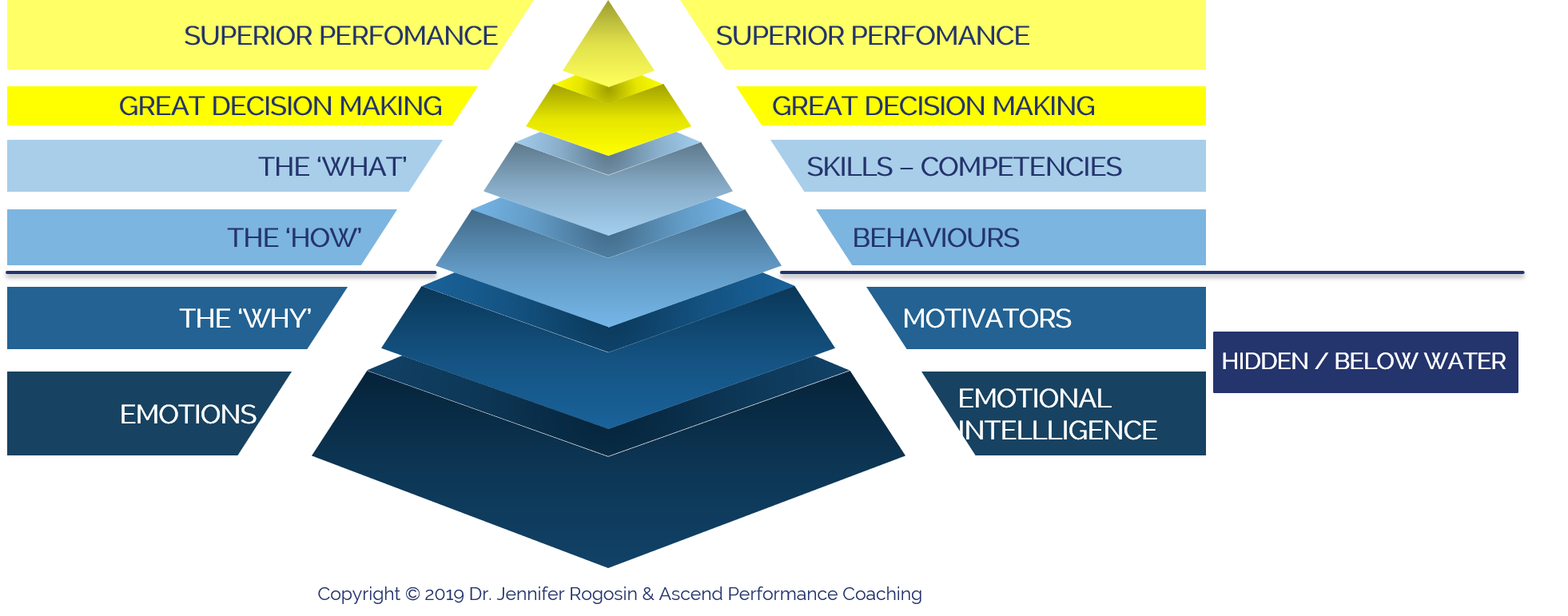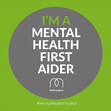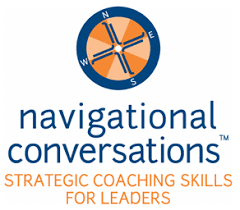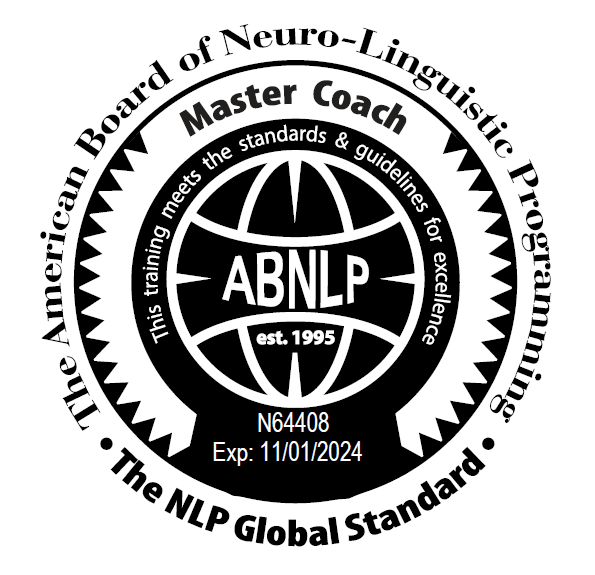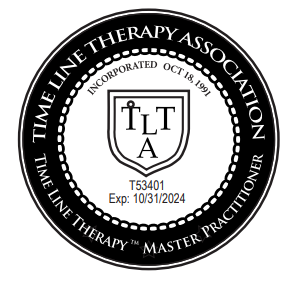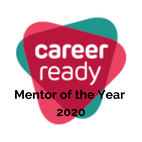Perform and Your Best
Personal Leadership, Emotional Intelligence, Mental Resilience
LEARN, GROW, ACHIEVE
Feedback from St George’s School, Ascot
|
What did you enjoy most?
•The exercises which were suggested to help with anxiety •Interactivity •Points about friendships and arguments and how they happen •Knowing that many people have the same problems, so you have someone to relate to |
What was your biggest learning?
•Learning to be more motivated in school •Be confident •How to deal with anxiety and nerves •Breathing exercises •How to calm down when stressed |
Overview of Programme
This programme grew out of my voluntary work at my local college. Since 2019 I mentored students to prepare them for life after college through the UK Career Ready scheme, this included working with a student one to one for a year and delivering masterclasses to the whole cohort.
The programme is delivered in 8 modules that build on each other with the aim that using the Parent, Teachers and Carers Handbook, support and accountability can be offered between sessions to start building new habits and ways of thinking.
This programme helps students build their Emotional Intelligence and learn strategies for reducing stress and anxiety so they can achieve their full potential.
Who am I?
As a Mindset Revolutionary, Emotional Intelligence Specialist and a multiple award-winning coach, mentor, trainer and speaker, I have helped hundreds of people around the globe to reduce stress, anxiety and self-doubt and increase self-understanding, coping strategies and enjoyment of life, school, college and work..
I am a certified Neuro-Linguistic Programming (NLP) Master Coach and a Time Line Therapy™ Master Practitioner. I trained with internationally renowned business coach and trainer Daniel Tolson of the Tolson Institute. Vicky achieved the status of Success Coach within the Tolson Institute in March 2019.
i am also a certified Navigational Conversations™ Coach, Mental Health First Aider, a fully qualified primary school teacher , 10 years experience teaching English as a foreign language and holds an Enhanced DBS Certificate.
What is Emotional Intelligence and why is it so important?
Emotional Intelligence (EIQ) is made up of 4 pillars: self-recognition, self-management, social-recognition and social-management. It's about how you deal with stress and anxiety. How you manage change, challenges and conflict. It's about how well you understand other people and how you engage with them.
Self-recognition & self-management
The ability to recognise, understand, and manage emotions.
Social-recognition & social-management
The ability to recognise, empathise and relate to the emotions of others.
Can Emotional Intelligence (EIQ) be learned?
Yes - unlike IQ which is fixed at about the age of 15, EIQ is dynamic and can fluctuate depending on what is happening in your life. The great thing is that you can increase your EIQ using a wide range of simple strategies either on your own or, for faster, more profound results, through training and coaching.
Increasing your EIQ can give you the ability to increase your mental strength, feel more in control and be more confident. You will become more adaptable, find it easier to overcome whatever life throws at you and ultimately be more successful in your school/college/professional life and your personal life. In some cases that result can be truly transformational.
Digital Emotional Intelligence (DEQ)
'If EQ is the ability to understand, empathise and negotiate with other people, then DEQ is the ability to apply EQ in our increasingly digital, connected environments.'
'Digital Wellness (balancing technology with healthy boundaries & emotional health)'.
Tom Bryant
The way digital platforms have been developed, including social media and email, with notifications, likes and comments means it taps into the same chemical reactions that lead to drug and alcohol addictions, hence individuals who have low DEQ may struggle to differentiate between when it is appropriate and inappropriate to engage digitally.
Yes - unlike IQ which is fixed at about the age of 15, EIQ is dynamic and can fluctuate depending on what is happening in your life. The great thing is that you can increase your EIQ using a wide range of simple strategies either on your own or, for faster, more profound results, through training and coaching.
Increasing your EIQ can give you the ability to increase your mental strength, feel more in control and be more confident. You will become more adaptable, find it easier to overcome whatever life throws at you and ultimately be more successful in your school/college/professional life and your personal life. In some cases that result can be truly transformational.
Digital Emotional Intelligence (DEQ)
'If EQ is the ability to understand, empathise and negotiate with other people, then DEQ is the ability to apply EQ in our increasingly digital, connected environments.'
'Digital Wellness (balancing technology with healthy boundaries & emotional health)'.
Tom Bryant
The way digital platforms have been developed, including social media and email, with notifications, likes and comments means it taps into the same chemical reactions that lead to drug and alcohol addictions, hence individuals who have low DEQ may struggle to differentiate between when it is appropriate and inappropriate to engage digitally.
The Programme
All sessions will complement and add to anything you already have in place in your wellbeing curriculum and SMSC.
Modules 1-4 (60 minutes each) (Year 7-13)
1. Emotional Intelligence, your key to success
Session Summary:
Learning outcomes:
2. Building resilience - managing stress, anxiety and time
Session Summary:
Learning outcomes:
3. Fearless failure and embracing feedback
Session Summary
Learning outcomes
4. Flip it! How to focus on what you want – re-framing negative thoughts
Session Summary
Learning outcomes
Optional Modules 5-8 (60 minutes each) (Year 7-13)
Creating a Mindset Revolution - An Introduction to Coaching and Goal-setting
These four modules extend student development from modules 1-4 and take them through a sequence of coaching questions, reflection activities and introduce them to a method of goal-setting that they can use time and time again.
Optional Modules - Career Ready 1&2 (Year 12&13)
Session 1 – 1 hour
Communication and Networking
Session Summary:
Learning outcomes:
Session 2 – 1 hour
Self-awareness – part 1
Session Summary:
Learning outcomes:
Managing self – an extension of module 3 of the Schools Programme – part 2
Session Summary:
Learning outcomes:
General information
Student sessions will be interactive and will include worksheets and suggestions for follow up activities.
Each session will be accompanied by a staff/parent/carer information pack regarding activities covered and follow up activities. For best results these sessions need to be the starting point. They provide a springboard to ongoing personal development in order to really bed in new ways of thinking, behaving, communicating and feeling.
While each module builds on the previous one, they can be delivered close together 0r spread over a year or two.
Delivery options and pricing:
Please book a call below to discuss your specific school needs.
All sessions will complement and add to anything you already have in place in your wellbeing curriculum and SMSC.
Modules 1-4 (60 minutes each) (Year 7-13)
1. Emotional Intelligence, your key to success
Session Summary:
- How your mind works – teenage minds are different! It’s normal, even if it’s uncomfortable!
- What is Emotional Intelligence?
- The importance of emotional self-regulation.
- It all starts with you – Introduction to personal leadership and self-concept.
- Be Amazing Every Day – putting positive daily routines in place.
- The 4 D’s – desire, decision, discipline and determination.
Learning outcomes:
- An understanding of that is going on in their head.
- Why Emotional Intelligence is a vital skill for success in life both personally and professionally.
- The first steps of personal development. What is a good, daily mindset routine?
2. Building resilience - managing stress, anxiety and time
Session Summary:
- What is anxiety and how is it different to stress?
- What are stress and anxiety doing to your body?
- Asking for help is NOT a sign of weakness, it’s a sign of strength.
- 3 simple strategies to start tackling stress and manage your time better.
- 5 simple strategies to use when you a feeling anxious..
- Digital Emotional Intelligence, why social media is feeding anxiety.
Learning outcomes:
- A better understanding of anxiety and stress and their impact on the body.
- 8 strategies they can start using straight away.
- An understanding of that is happening in their minds when they interact with social media and how social media is designed to trigger certain feelings.
3. Fearless failure and embracing feedback
Session Summary
- There is no such thing as failure only feedback – we will explore what has happened when we ‘fail’. The word ‘failure’ is just a label, the feedback you are getting is a gift and a vital learning experience.
- No one is perfect – there is always room for improvement – adopting a growth mindset is vital.
- Why having other people's perspectives is vital if you want to be and do your very best!
- REMINDER – The importance of Emotional self-management and treating others as you would like to be treated.
- Developing self-assessment habits.
Learning outcomes
- To see feedback as a good thing
- The importance of being open-minded
- Self-assessment tool – What did I do well? What could I have improved? Overall I did…. What would I do differently next time?
4. Flip it! How to focus on what you want – re-framing negative thoughts
Session Summary
- Our brains don’t process negatives!
- We will only see what we are looking for.
- Cup half empty or cup half full?
- Flip it activity - reframe a negative into a positive
- Who am I now, who do I want to be?
Learning outcomes
- How to reframe a negative thought and why it is important to make this a habit.
- How thoughts and words can impact how you feel.
- How to start putting together a plan for developing personal leadership
Optional Modules 5-8 (60 minutes each) (Year 7-13)
Creating a Mindset Revolution - An Introduction to Coaching and Goal-setting
These four modules extend student development from modules 1-4 and take them through a sequence of coaching questions, reflection activities and introduce them to a method of goal-setting that they can use time and time again.
Optional Modules - Career Ready 1&2 (Year 12&13)
Session 1 – 1 hour
Communication and Networking
Session Summary:
- How do we communicate? – Body language, Voice, Words
- Listening – what are the three types of listening? Why listening to understand not respond is so important
- Asking – being able to ask for help, being able to ask good, clear questions
- Introducing yourself – how to put a 40 second pitch together
Learning outcomes:
- A deeper understanding of how we communicate and the importance of looking beyond the words
- That listening is a skill that needs to be learned, developed and practiced
- The importance of being able to express yourself clearly to enable you to get what you need and want
- Being able to introduce yourself with confidence.
Session 2 – 1 hour
Self-awareness – part 1
Session Summary:
- Knowing what strengths you have, knowing the areas that need more work, being able to explain that they are and why you find them challenging. (skills, knowledge, attitude)
- Knowing your values – what is important to you.
- Continuous learning and personal development
Learning outcomes:
- Better able to identify strengths and areas for development and explain why you find certain things challenging.
- A good understanding of what is important to you in relation to what you want out of life, future career, friends etc.
- Understanding that this is just the first step in a lifelong journey.
Managing self – an extension of module 3 of the Schools Programme – part 2
Session Summary:
- Adaptation – an introduction to the 5 Principles of Success
- Open to feedback
- Positive in the face of setbacks
Learning outcomes:
- Being able to plan for your goals, know what it will feel like when you are on track and off track, being able to be flexible in your behaviour and remain true to your values.
- Understanding that feedback is a gift and how to use it for maximum gain
- The importance of looking for opportunities and solutions and not to getting bogged down in setbacks and problems
General information
Student sessions will be interactive and will include worksheets and suggestions for follow up activities.
Each session will be accompanied by a staff/parent/carer information pack regarding activities covered and follow up activities. For best results these sessions need to be the starting point. They provide a springboard to ongoing personal development in order to really bed in new ways of thinking, behaving, communicating and feeling.
While each module builds on the previous one, they can be delivered close together 0r spread over a year or two.
Delivery options and pricing:
Please book a call below to discuss your specific school needs.

